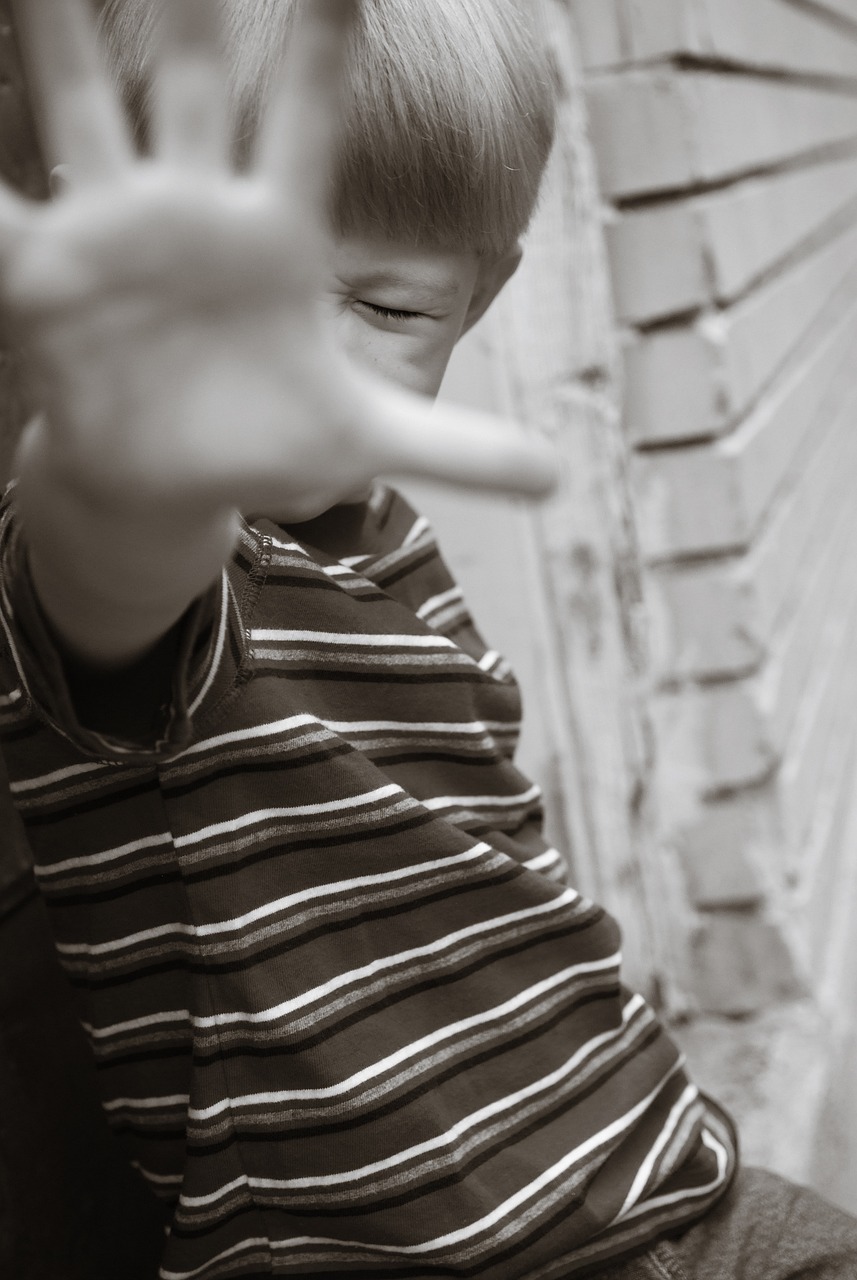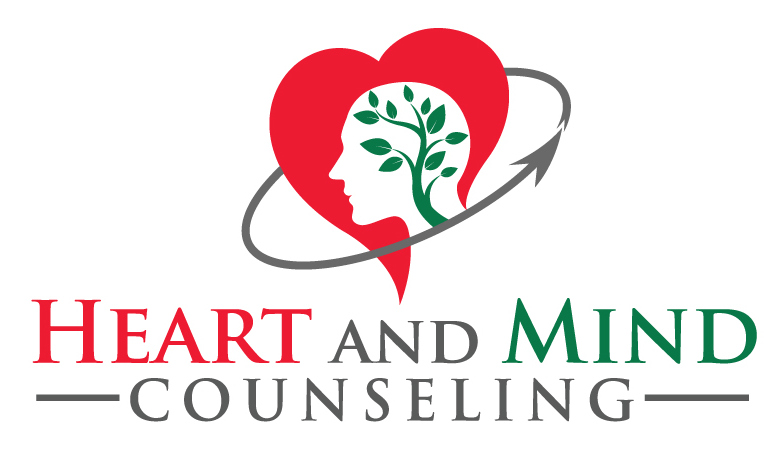Trauma Focused Cognitive Behavioral Therapy (TF-CBT)
Designed to help Children and their Parents
What Is Trauma?
Trauma can be the result of many types of events: sexual abuse, grief, domestic abuse or any type of violence, military combat, auto accidents, natural disasters, medical emergencies, neglect, bullying or the death of a loved one. The trauma can be from one or a multiple of traumatic events. Few people go through life without experiencing some kind of trauma.
Types of trauma:
Acute Trauma – results from a single incident
Chronic Trauma – repeated or prolonged trauma (i.e.: domestic abuse, bullying)
Complex Trauma – experiences varied and multiple events (sense of being trapped, no way to escape)
Secondary or Vicarious Trauma – exposure to other people suffering (i.e.: service employees-police, fire, EMT, medical staff)
ACE Adverse Childhood Experiences – situations children encounter directly or witness. (i.e.: neglect, abuse, divorce)
Trauma Focused-CBT (TF-CBT)
Trauma Focused-CBT (TF-CBT) is a therapy program designed for children (ages 3-21) and their parents dealing with the impacts of trauma. The basis of this therapy incorporates interventions with cognitive-behavioral, family and empowerment principles. TF-CBT is an evidence-based treatment that has been modified over the last 30 years to help in the recovery of trauma.
Keep in mind, children have not developed the coping skills mentally or emotionally to be able to handle the emotional impact caused by experiencing tragic events. We usually relate the word trauma to a violent act (crime), that’s not always the case. How does a child handle the loss of a parent or family member in a house fire or to an unexpected medical situation? In other cases, a child lives through a terrifying hurricane or tornado with lasting impacts. Whatever the cause of the trauma, the child and their families need assistance learning how to cope with the unfamiliar, painful emotions that a traumatic event can cause.
As a result, children can show signs of a number of issues: Post-Traumatic Stress Disorder (PTSD), mood disorders, anxiety, depression, relationship and behavioral problems, issues at school, trauma related shame, avoidance, nightmares and cognitive problems. TF-CBT trained therapists help children and their parents develop the tools necessary to work through these issues. Please note – this type of therapy is proven to be effective with children even without a parent or caregiver participating (such as foster children).
Impact on Family
Every person will be impacted by trauma differently. Many factors can affect recovery such as culture, the age of the person, how they experienced the event (firsthand witness or heard about it) and the type and extent of the traumatic event. While adjusting might be easier for some, others may feel overwhelmed, stressed and simple daily routines become too much to handle. This impacts the family system as a whole. In some cases, the parents are so focused on dealing with their own trauma and pain that they might not realize that their child/children are acting out or displaying signs of emotional trauma.
Sadly, we are seeing traumatic events flooding the news outlets daily. COVID19, violent crimes, mass shootings, domestic abuse, weather related events (tornadoes, fires, hurricanes) and the list goes on. How does a child or adult recover from witnessing a shooting at school, or the local mall? How will they ever feel safe going back to that location? The child witnessing the event is traumatized, but the impact of the event affects the entire family. Parents aren’t taught how to deal with these types of events and brothers and/or sisters quite often are traumatized, too. The entire family is severely impacted and needs the support and help from a trained professional.
In many cases, ongoing changes occur when the family is trying to deal with the trauma adding additional stress to the current situation. The kids might be so afraid that they refuse to go back to school. The parents might decide to relocate to change schools, or try homeschooling, adding yet another difficult adjustment to cope with. Parents can often be so traumatized that they might lose their job or be off from work for a period of time, resulting in the loss of income. In some situations, a parent can be so severely injured that the children often participate in the care of the parent.
A healthy family environment is so important in the development of all children. It is a critical component for all members of the family, when one or all of them are impacted by traumatic events. For example, a family loses everything during a weather-related event or fire. All members of the family are impacted and will suffer the aftermath of the traumatic event. How each member of the family is affected and what resources are available to assist in the healing process is a strong indicator of how each person will be in the future. The sooner therapy is available, the better for a positive, long-term outcome for all people involved.
Benefits of TF-CBT
TF-CBT trained therapists go through extensive training and testing to earn their certifications. These therapists understand the impacts of trauma and can provide the child and their parents with the support and guidance needed to go through the healing journey. TF-CBT is recognized as one of the most-effective therapies available for children dealing with issues as a result of traumatic experiences.
TF-CBT provides support for parents or caregivers that are available to participate (note – a child without a parent/caregiver should never be excluded from TF-CBT). This type of training helps parents deal with their own feelings of depression, emotional distress, develop improved parenting skills, and learn effective communication skills to be better equipped to help their children.
There have been numerous scientific studies that confirm TF-CBT helps children and their families recover from the impacts of trauma. In most cases, children actually improved faster and more completely when compared to children receiving a different form of treatment. The long-term results were just as positive. The findings show children that received TF-CBT treatment showed improvements were sustained over a period of time. This leads to potentially future problems related to the traumatic event being reduced.
Cognitive Processing Therapy
Cognitive Processing Therapy (CPT) is a form of cognitive behavioral therapy designed to treat patients with PTSD and related conditions as a result of trauma. This form of therapy provides skills so patients learn to recognize unhelpful, upsetting thoughts related to an event and develop ways to change the thought patterns. The goal is to reduce ongoing negative impacts on their current life. This therapy is often an included treatment for Veterans dealing with combat PTSD in addition to patients experiencing other forms of emotional distress due to traumatic events.
CPT was developed in the late 1980’s. Numerous studies of this treatment have demonstrated it to be highly effective in treating PTSD. It is endorsed by the US Department of Veterans Affairs, and the International Society of Traumatic Stress Studies as best practice for the treatment of PTSD. The APA also strongly recommends CPT for the treatment of PTSD. Every year, nearly 13 million American Adults suffer from PTSD.
CPT is used for adults diagnosed with PTSD, as well as older adolescents. Some professionals believe CPT is beneficial for patients that most likely will encounter additional traumatic events (military or emergency professionals – fire, police, EMT, doctors, nurses). CPT provides skills that teach the patient to alter the way they interpret and process trauma on an ongoing basis. It helps patients identify unhealthy beliefs and replace them with healthy ones.
Goals of CPT (from Department of Veterans Affairs)
Reflect – improve understanding of PTSD, examine the impact on thoughts and feelings, decrease avoidance and emotional numbing
Redefine – learn skills to evaluate thinking, explore alternative viewpoints of the trauma, oneself and the world
Recover – reduce the level of distress related to memories of the trauma, reduce anxiety, anger, guilt and shame, improve everyday life
Summary
In just the past 5 years, we have experienced the COVID 19 pandemic, a new level of bullying including cyber-bullying and stalking, weather-related disasters, acts of violence, abuse, and medical emergencies leaving so many people impacted with trauma related disorders. The sooner help is provided for everyone affected, the better the future will be for all of them. TF-CBT and CPT are extremely effective treatments for helping people recover from trauma and PTSD.
If you or someone you know is dealing with a traumatic event, look for a Trauma Focused- CBT or CPT trained therapist. These types of therapies have a strong success rate not only at the present time, but into the future, as well.
More About Heart and Mind Counseling
Heart and Mind Counseling is a full-service Telehealth Psychotherapy service helping clients with a broad spectrum of needs in Michigan, Alabama, Colorado, Georgia, Florida, Iowa, Kansas, Massachusetts, New Jersey, Ohio, Pennsylvania, Texas, Vermont and Wisconsin.
Dr. Corinne Smorra, LCSW is trained in EMDR and specializes in therapy for patients and families dealing with congenital heart issues, chronic disease, anxiety, depression, organ transplant, end of life, and grief. For more about Dr. Smorra and her research, please visit https://www.linkedin.com/in/dr-corinne-smorra-dsw-msw.lcsw-439a9ba/ or www.heartandmindcounseling.com.
Katie Dines, LCSW is trained in EMDR and specializes in self-esteem, depression, anxiety, substance abuse, inner conflict, relationship issues (domestic abuse, negative relationship patterns). Katie is licensed in Michigan
Kennedy Boulis, LCSW is trained in DBT, does crisis counseling as well as specializing in eating disorders, ADHD, adoption, children, adolescent, family, and adult clients. Kennedy is licensed in Michigan
Lauren Thomas, LCSW is a trauma therapist Certified in Trauma Focused CBT and CPT. She specializes in trauma, chronic disease and pain, anxiety, depression, anger management, grief, pregnancy and child loss. Lauren is licensed in Michigan and Florida.
Brandy Goins, Phd (ABD), LPC certified in DBT, is a Licensed Sex Offender Treatment provider specializing in domestic, sexual abuse, addiction, and trauma. She also specializes in a range of mental diagnoses such as schizophrenia, schizoaffective disorder, bipolar disorder, dissociative identity disorder. Ms. Goins also specializes in polyamorous, kink, LGTBQ+, transgender populations as well. Brandy is licensed in Michigan and Texas.
References:
https://www.nctsn.org/sites/default/files/interventions/tfcbt_fact_sheet.pdf
ttps://tfcbt.org/about/
https://www.psychologytoday.com/us/basics/trauma
https://www.psychologytoday.com/us/therapy-types/cognitive-processing-therapy
https://www.apa.org/ptsd-guideline/treatments/cognitive-processing-therapy








